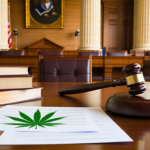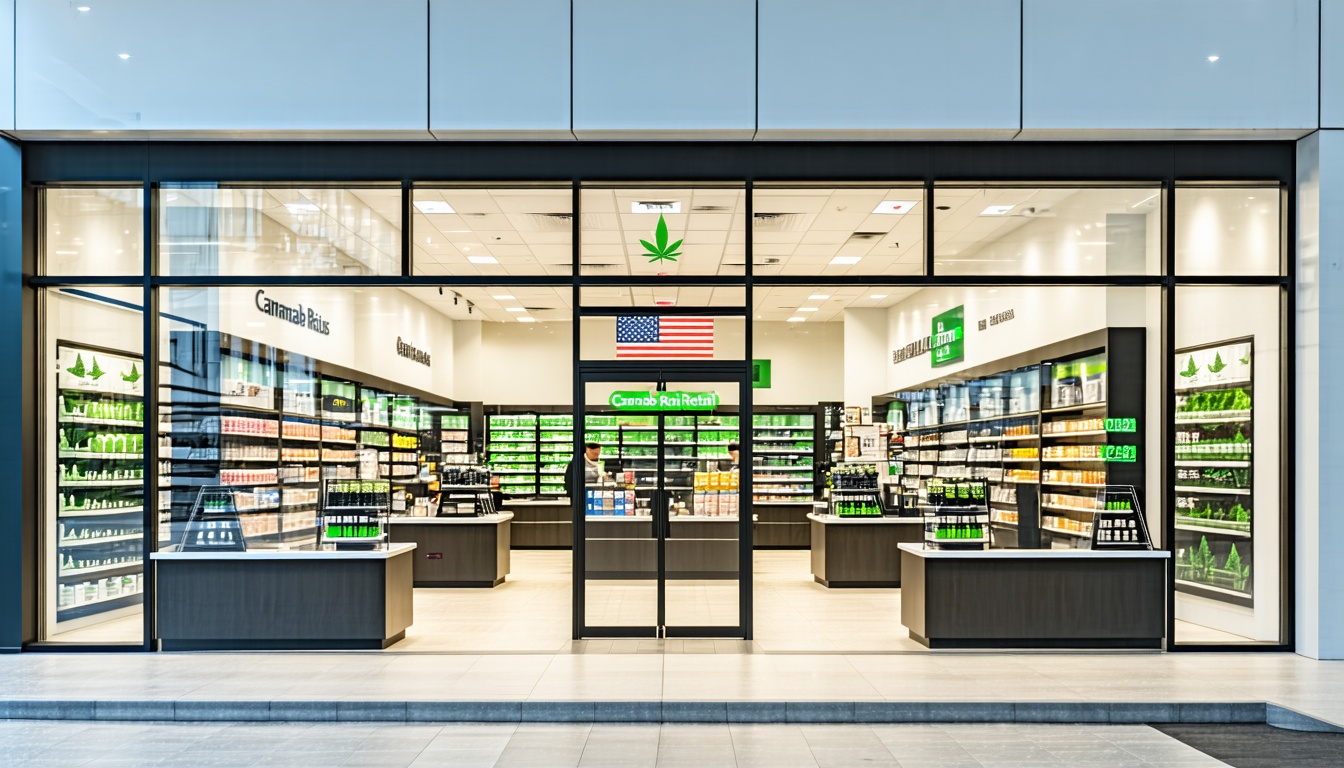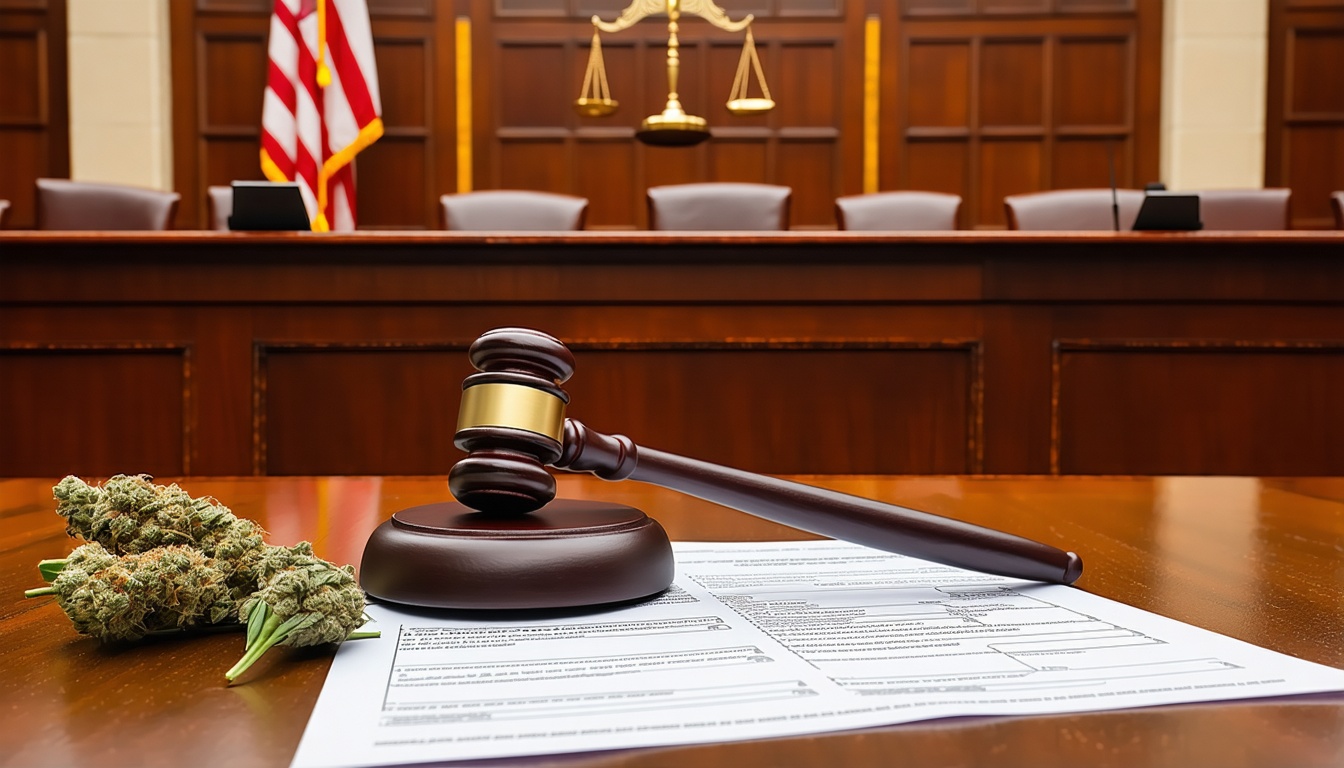Florida Governor Ron DeSantis has been vocal in his opposition to recreational marijuana, warning that it will lead to increased impaired driving and children getting their hands on the products. However, despite his strong stance, DeSantis and his allies have been largely silent on the availability of intoxicating hemp-derived products that are similar to marijuana.
These products, which are legal under federal law, are widely available in stores and online, and can have similar effects to marijuana. They are often packaged in bright, colorful wrappers and are marketed as being “super blazed” or “get you high.”
Meanwhile, medical marijuana companies in Florida are subject to strict regulations and testing requirements, and are only allowed to sell products that are specifically labeled as medical marijuana. These products are typically packaged in plain, opaque containers and are only available to patients with a valid medical marijuana prescription.
The contrast between the two industries has raised concerns among some advocates for recreational marijuana, who argue that DeSantis is being hypocritical by opposing recreational marijuana while allowing the sale of intoxicating hemp-derived products.
“This is a clear example of the governor’s double standard,” said David Culver, senior vice president of public affairs at the U.S. Cannabis Council. “If he’s so concerned about the safety of Florida’s children, why is he allowing these unregulated hemp products to be sold in stores?”
The Florida Department of Agriculture and Consumer Services is responsible for regulating the hemp industry, but some critics argue that the department is not doing enough to ensure the safety of these products.
“I don’t think they’re even equipped to handle this properly,” said Carlos Hermida, deputy director and co-founder of Suncoast NORML, a pro-recreational marijuana group. “These companies that aren’t licensed, that sell bad products, are the examples used against us and used to say we need to be regulated better, which, in my opinion, is unfair.”
Despite the concerns, DeSantis has continued to oppose recreational marijuana, and has vetoed legislation that would have restricted the sale of intoxicating hemp-derived products. The governor has instead called for stricter regulations on the hemp industry, including packaging and labeling guidelines, as well as quality control measures such as random inspections and testing.
The debate over recreational marijuana and hemp-derived products is likely to continue in Florida, with advocates on both sides arguing for their respective positions. However, one thing is clear: the state’s regulatory framework is complex and confusing, and more needs to be done to ensure the safety and well-being of Florida’s citizens.












